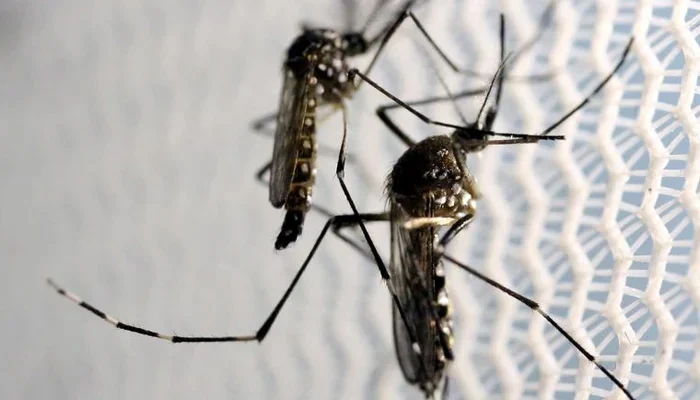
Sindh’s First Dengue Fatality of 2025: A Wake-Up Call
The province of Sindh has reported its first dengue-related death of the year, marking a solemn milestone in the ongoing battle against this mosquito-borne disease. A 24-year-old male patient, who had been under intensive care at the Sindh Infectious Diseases Hospital, succumbed to the illness. The severity of his condition was underscored by a critically low platelet count of just 32,000, far below the normal range of 150,000 to 450,000, highlighting the aggressive nature of dengue fever.
Dengue Cases in Karachi: The Epicenter
The tragic death comes amid relatively low dengue activity in Sindh compared to previous years. So far in 2025, the province has recorded 295 cases, with Karachi accounting for nearly 90% (260 cases) of these infections. This concentration of cases positions Karachi as the epicenter of dengue activity within the province.
During June 2025 alone, the Karachi division registered 32 new infections. In stark contrast, other divisions such as Hyderabad and Shaheed Benazirabad reported no new cases during the same month, while Mirpurkhas and Sukkur each reported just one.
Provincial Overview: A Comparative Look
Analyzing the distribution of cases across Sindh for 2025 reveals that Karachi leads with 260 infections. Hyderabad follows with 30 reported cases, while both Mirpurkhas and Sukkur have reported only two cases each. Shaheed Benazirabad stands with a single reported case to date.
Despite the current figures, the incidence of dengue in Sindh this year represents a marked decline when juxtaposed with previous years. In 2024, the province reported 2,704 cases. This figure was slightly higher in 2023, reaching 2,880. The year 2022 saw a significant surge, with a staggering 23,274 cases, the highest in recent times. In contrast, 2021 and 2020 recorded 6,739 and 4,318 cases, respectively.
Impact of Preventive Measures
The significant reduction in dengue cases this year suggests that preventive and control measures are yielding positive results. Public health campaigns and interventions appear to be effectively curbing the spread of the disease. However, health experts caution that continued efforts are essential, particularly during the monsoon season when conditions are ripe for mosquito breeding, and dengue transmission tends to spike.
Public Health Advisory: Staying Prepared
Health authorities in Sindh are urging residents to remain vigilant and proactive in dengue prevention. Key recommendations include eliminating standing water where mosquitoes breed, using insect repellents, and ensuring that living spaces are equipped with screens or nets to prevent mosquito entry.
Residents are also advised to be aware of dengue symptoms, which can include high fever, severe headache, and body pain. Early medical intervention is crucial in managing the disease effectively and preventing severe complications.
The Path Forward: Maintaining Vigilance
The first dengue-related death in Sindh this year serves as a stark reminder of the ongoing threat posed by this viral disease. While the decrease in cases is encouraging, the need for sustained vigilance and community cooperation remains critical. Public health officials continue to emphasize the importance of individual and collective action in combating dengue, ensuring that the province is better equipped to handle potential outbreaks in the future.
As the monsoon season progresses, the focus on prevention and rapid response mechanisms will play a pivotal role in safeguarding public health. By maintaining heightened awareness and adhering to recommended precautions, Sindh can continue to build on the progress made and strive towards a future with even fewer dengue cases.







